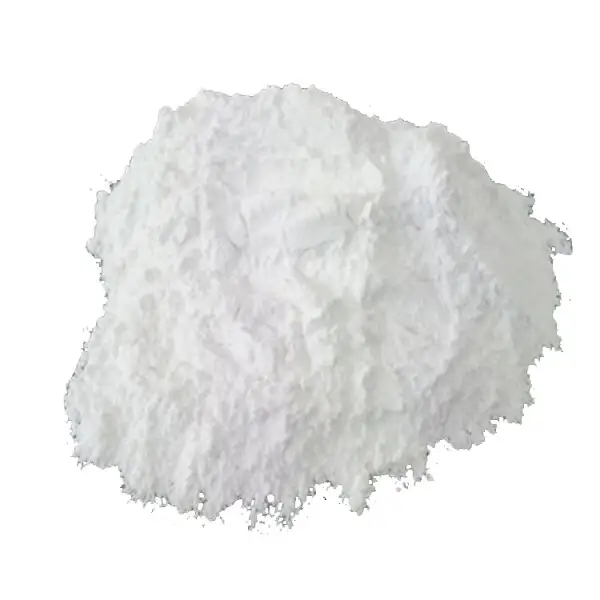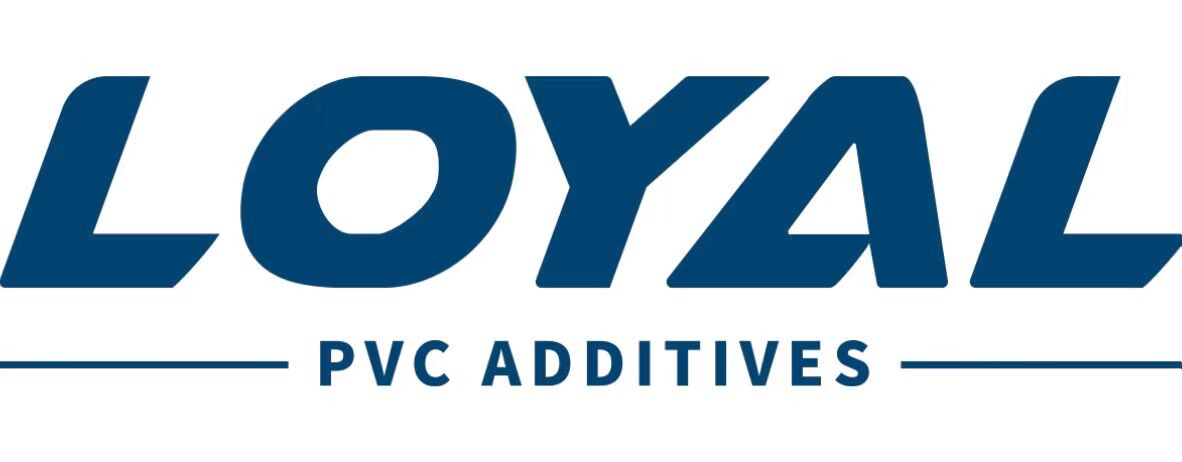PVC lubricant is a type of lubricant specifically designed for use with PVC products. PVC lubricant can help to make working with PVC easier and can also extend the life of your PVC products.

PVC LUBRICANT Recommend Products
PVC LUBRICANT Detail Introduction
PVC lubricant is a type of lubricant that is specifically designed for use with PVC products. It is made from a blend of different chemicals that help to reduce friction and wear on PVC products. In this guide, we will answer some of the most frequently asked questions about PVC lubricants so that you can make an informed decision about which product is right for you.
What is PVC Lubricant?
PVC lubricant is a type of lubricant specifically designed for use with PVC products. PVC lubricant can help to make working with PVC easier and can also extend the life of your PVC products.
How Does PVC Lubricant Work?
PVC lubricant works by creating a barrier between the surface of the PVC product and whatever it is coming into contact with. This barrier helps to reduce friction and wear, which can damage or even destroy PVC products over time.
Why Should I Use PVC Lubricant?
There are many reasons why you might want to use PVC lubricant on your PVC products. For one, it can help to make working with PVC easier by reducing friction and making assembly and disassembly smoother. Additionally, using PVC lubricant can extend the life of your PVC products by preventing
The Different Types of PVC Lubricants
There are many different types of PVC lubricants on the market. Some are designed for specific applications, while others can be used for a variety of tasks. Here is a rundown of the most popular types of PVC lubricants:
PVC Pipe Lubricant: This type of lubricant is specifically designed for use on PVC pipes. It helps to reduce friction and prevent sticking, making it easier to connect and disconnect pipes.
PVC Joint Lubricant: This type of lubricant is used to lubricate the joints in PVC pipes. It helps to make connections smoother and prevents leaks.
PVC Duct Sealant: This type of lubricant is used to seal ductwork made from PVC. It helps to create a tight seal that prevents air leaks.
PVC Window Sealant: This type of lubricant is used to seal windows made from PVC. It helps to create a watertight seal that prevents leaks.
Pros and Cons of PVC Lubricants
When it comes to choosing a lubricant for your PVC pipes and fittings, there are a few things to consider. In this blog post, we'll explore the pros and cons of different types of PVC lubricants to help you make the best decision for your needs.
PVC Lubricant Pros:
1. Can help reduce friction and wear on PVC pipes and fittings.
2. Can make it easier to connect and disconnect PVC pipes and fittings.
3. Can help protect PVC pipes and fittings from corrosion.
4. Can improve the flow of liquids through PVC pipes and fittings.
5. Is generally safe to use with most types of PVC pipes and fittings.
PVC Lubricant Cons:
1. May be difficult to remove from surfaces if it's not fully compatible with the material.
2. Can attract dirt and other debris, which can clog up your pipes and fittings over time.
3. Some types of lubricants can degrade or damage PVC pipes and fittings if used too frequently or left on for extended periods of time.
What are the Best Ways to Use PVC Lubricants?
When it comes to using PVC lubricants, there are a few different ways that you can go about it. You can either use it as a protectant, or you can use it as a lubricant. Each has its own set of benefits, so it really depends on what your needs are.
If you're looking for something to protect your PVC pipes from corrosion, then using a lubricant as a protectant is the way to go. This will help to keep your pipes in good condition and extend their lifespan.
If you need a lubricant to help with the installation of PVC pipes, then using it as a lubricant is the best option. It will help to make the process much easier and quicker.
In general, there are three main types of PVC lubricants: water-based, silicone-based, and oil-based. Water-based lubricants are the most popular choice because they're non-toxic and easy to use. Silicone-based lubricants are also popular because they provide a good level of protection against corrosion. Oil-based lubricants are less popular because they can be messy and difficult to clean up.
How to Choose the Right PVC Lubricant for You
There are many different types of PVC lubricants on the market, and it can be tough to decide which one is right for you. Here are a few factors to consider when choosing a PVC lubricant:
-The type of PVC material you're using. Some lubricants work better with certain types of PVC than others.
-The environment in which the PVC will be used. If it will be exposed to harsh conditions, you'll need a more durable lubricant.
-Your budget. There are both cheaper and more expensive options available.
-Your personal preferences. Some lubricants have different scents or textures that may be more or less appealing to you.
Conclusion
PVC lubricant is a great way to keep your PVC pipes and fittings in good condition. It's important to choose the right lubricant for your needs, and to use it properly. We hope that our ultimate guide to PVC lubricant has helped you understand everything you need to know about this useful product. If you have any further questions, feel free to ask in the comments below.









